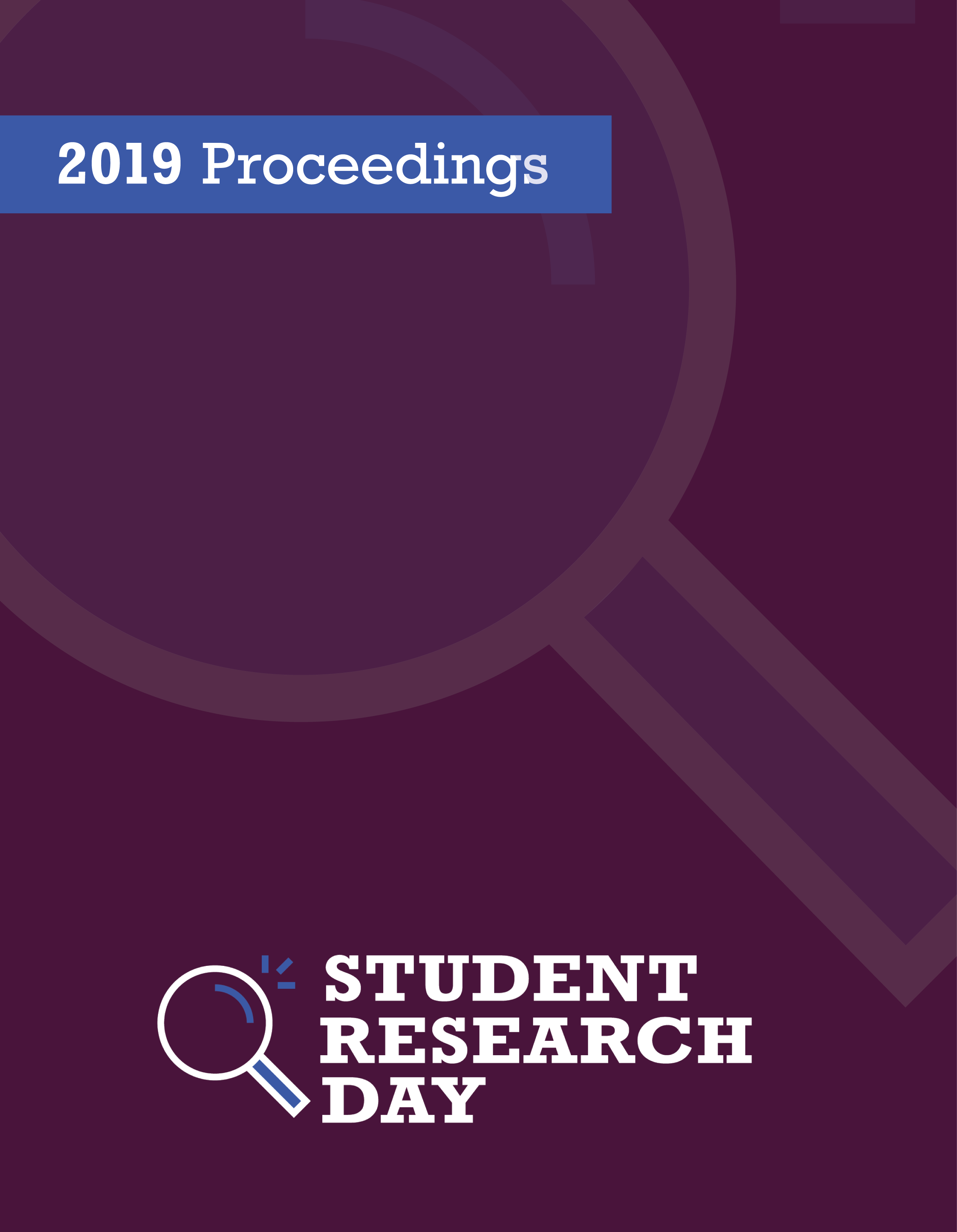Incremental Theories of Well-Being Predict the Pursuit of Positive Experiences
A Longitudinal Study
Abstract
People differ on the extent to which they believe well-being is fixed (i.e., entity theorists) or amenable to change (i.e., incremental theorists). Those with a more incremental theory of well-being adopt a more positive orientation to their cognitive and behavioural experiences (Howell, Passmore, & Holder, 2016; Passmore, Howell, & Holder, 2018). The current longitudinal study, with an final sample of 186 university students, tested a model wherein incremental theories of well-being predict positive cognitive and behavioural experiences and, in turn, eudaimonic and hedonic well-being. Participants completed three-waves of data collection at approximately 5- week intervals. Analyses from all three waves indicated that incremental theories of well-being correlated reliably with concurrently assessed Positivity (i.e., the tendency to view life with a positive outlook), Prioritizing Positivity (i.e., the tendency to organize one's life in a manner that maximizes positive experiences), and both eudaimonic and hedonic well-being. Structural equation analyses revealed that both Positivity and Prioritizing Positivity mediated the relationship between incremental theories of well-being and well-being. Further, this study has implications for interventions focused on cultivating incremental mindsets of well-being. Such cultivations may result in more adaptive functioning, enhanced responsiveness to interventions, and increased levels of both hedonic and eudaimonic well-being.
Faculty Mentor: Andrew Howell
Department: Psychology (Honours)
References
Published
Issue
Section
License
Authors retain any and all existing copyright to works contributed to these proceedings.



